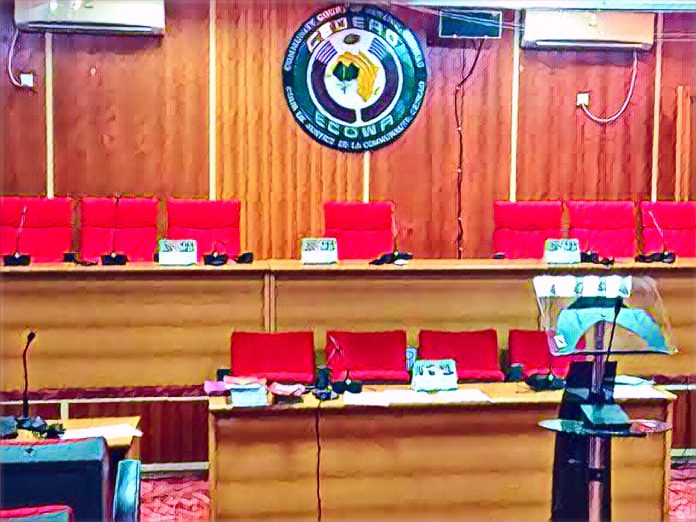KEY POINTS
- ECOWAS Court rejects SERAP’s compensation claim for train victims.
- Court rules specific compensation claims don’t meet public interest criteria.
- Victims are identifiable individuals, not an indeterminate public group.
The ECOWAS Court of Justice has dismissed the Socio-Economic Rights and Accountability Project’s (SERAP) lawsuit seeking N50 million in compensation for each victim of the 2022 Abuja-Kaduna train attack.
SERAP argued that the Nigerian government’s alleged failure to prevent the attack constituted a violation of passengers’ rights to life, security, and dignity.
However, the court ruled that the case did not meet the criteria for public interest litigation, which requires the alleged violations to impact an indeterminate public rather than identifiable individuals.
Victim status requirement not met, says court
The train attack near Rigasa, Kaduna, left fatalities, injuries, and numerous abductions among the 970 passengers onboard.
In its claim, SERAP argued that the Nigerian government should be held accountable for its alleged lack of security measures, which contributed to the devastating impact on the passengers. In addition to seeking monetary compensation for each victim, SERAP filed the case under a public interest framework.
Moreover, in an official ruling, the ECOWAS Court clarified that the claim was inadmissible because it failed to meet the “victim status” requirement set out in Article 10(d) of the ECOWAS Protocol.
Justice Dupe Atoki, the Judge Rapporteur, explained that while the court acknowledged jurisdiction over human rights cases within member states, the plaintiff’s claim did not satisfy the specific criteria for a public interest case.
Compensation claims unsuitable for public interest case
The court further explained that the reliefs requested, such as financial compensation, were directed toward identifiable victims of the train attack rather than the general public. This aspect of the claim undermined its eligibility as a public interest lawsuit.
Though SERAP attempted to support its argument with some examples of regional terrorism, the court said that the fact that the reliefs sought were special, it meant it was another group of victims issue, not the public one.
According to Punch, the court also affirmed the point that the case brought by SERAP was not a threat to the public generally, which is a principle of the Public Interest Litigation.
However, the court referred to the victims as a group of persons with ascertainable identities who were targeted on the 28th of March, 2022.
This the court warned that public interest actions should complaints that involve the parcel community and not complaints concerning a sectional group.



